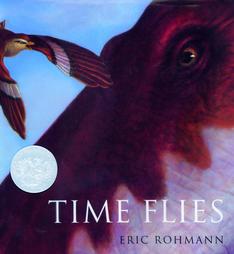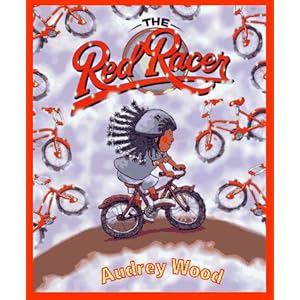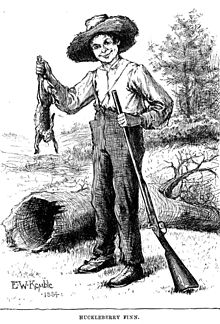It's banned book week this week, and here at I Am Writer Hear Me Roar, we are going to play a game called "spot the pattern". I'm sure you have played a version of this in your grade school math classes. You know, you're given the numbers 2 4 6 8 and you have to figure out the pattern (it goes up by multiples of [so a friend pointed this out to me: the numbers actually don't go up by mutliples of two... I just said the wrong word, but you probably got what I meant... and believe me, I actually can do math! I got like, a 90 in math last year!] two! What!?).
Except instead of numbers, we'll use books (because numbers scare us writerly people, right?)
Book #1: To Kill A Mockingbird by Harper Lee
Harper Lee grew up in a society where black men were thought of as predators; where the only men in the jury were white men so black men had no chance of being acquitted; where things happened like nine teenage boys being accused of rape.
To Kill A Mockingbird is about a mishievous tomboy Scout and her adventures until her and her friends watch a black men getting tried in a court case after being accused, wrongly, of raping a white woman.
To Kill A Mockingbird brings to light the very large issue of racism against black people that was present in the 1930s (both the time Harper Lee grew up in and the time the book is set in) and the 1960s (the time when the book was published).
To Kill A Mockingbird has been banned or challenged at various schools for using swear words, racial slurs, and for general racism. (Just an interesting sidenote, though: it's been said that To Kill A Mockingbird is the one book other than the Bible that has changed people the most... hm....)
Book #2: Huckleberry Finn by Mark Twain
Huck Finn was first published in England in 1884, then in the U.S. in 1885. The book itself takes place sometime between 1835 and 1845. The book follows Huck as he goes on a journey with a black slave Jim, and realizes that Jim is a genuinely nice guy and not like society makes out black people to be.
Twain uses this book to criticize and challenge the racist American society of the time and the perception of black people, specifically the view that black people weren't human and didn't have feelings.
Huck Finn has also been challenged and banned, for word choice (swears and racial slurs) and the line "he not only itched but scratched." It is
one of the most challenged/banned books of all time.
Book #3: The Outsiders by S.E. Hinton
S.E. Hinton wrote The Outsiders when she was 16, inspired and irked by the gang rivalry at her own school. The book itself follows two groups who are separated by their social status in high school. It was published in 1967.
The Outsiders has been banned/challenged for gang violence, drug and alcohol abuse, slang language, and family dysfunction.
Book #4: The Hunger Games by Suzanne Collins
Our society today is obsessed with entertainment and reality TV. There are also wars, all over the world, all the time. The Hunger Games is about a dystopian society where a reality show-like event is held each year, where children enter an arena and kill each other while the rest of the world watches on live TV for their own entertainment.
When talking about where the idea came from for The Hunger Games, Suzanne Collins says "one night, I was lying in bed, and I was channel surfing between reality TV programs and actual war coverage. On one channel, there's a group of young people competing for I don't even know; and on the next, there's a group of young people fighting in an actual war. I was really tired, and the lines between these stories started to blur in a very unsettling way."
The Hunger Games has been challenged/banned, mostly for violence.
Do you see the pattern?
I hope you do. If you don't, I want you to take a second look at all those books - all those books that deal with and bring to light issues of their day, critiquing everything that is wrong with that -our- society. I do not understand why people are banning these books when they have such, such important things to say.
I understand that some books aren't for everyone, I really do. But the thing that bugs me is that these people who are challenging these books, they are challenging them for little things. They are not looking at the big picture, of what the message of these books is, of what they are supposed to mean! These book-challengers are missing the big picture, are missing the fact that these books take all that crazy stuff from reality.
So. What do you think? Should books be banned? Do you agree with me - are these book-banners missing the big picture? Can you think of any other banned books that might deal with society's issues? (Oh, I already thought of another one... The Absolutely True Diary of a Part-time Indian by Sherman Alexie...) What are your thoughts on banned books?
SOURCES (brace yourself):
(all other sources are linked to in the text/caption)
To Kill A Mockingbird:
Huck Finn:
The Outsiders:
The Hunger Games:













